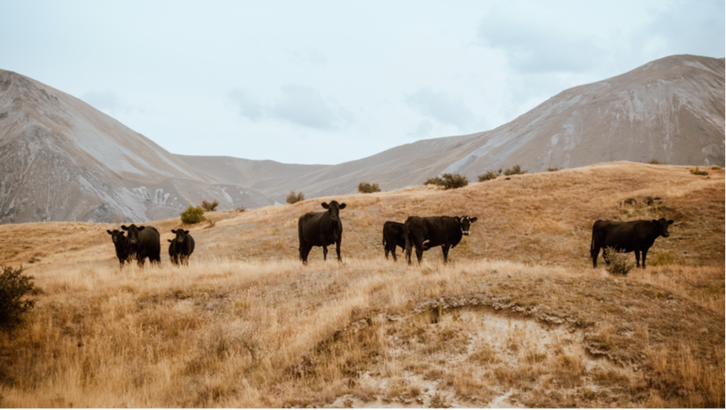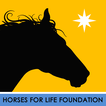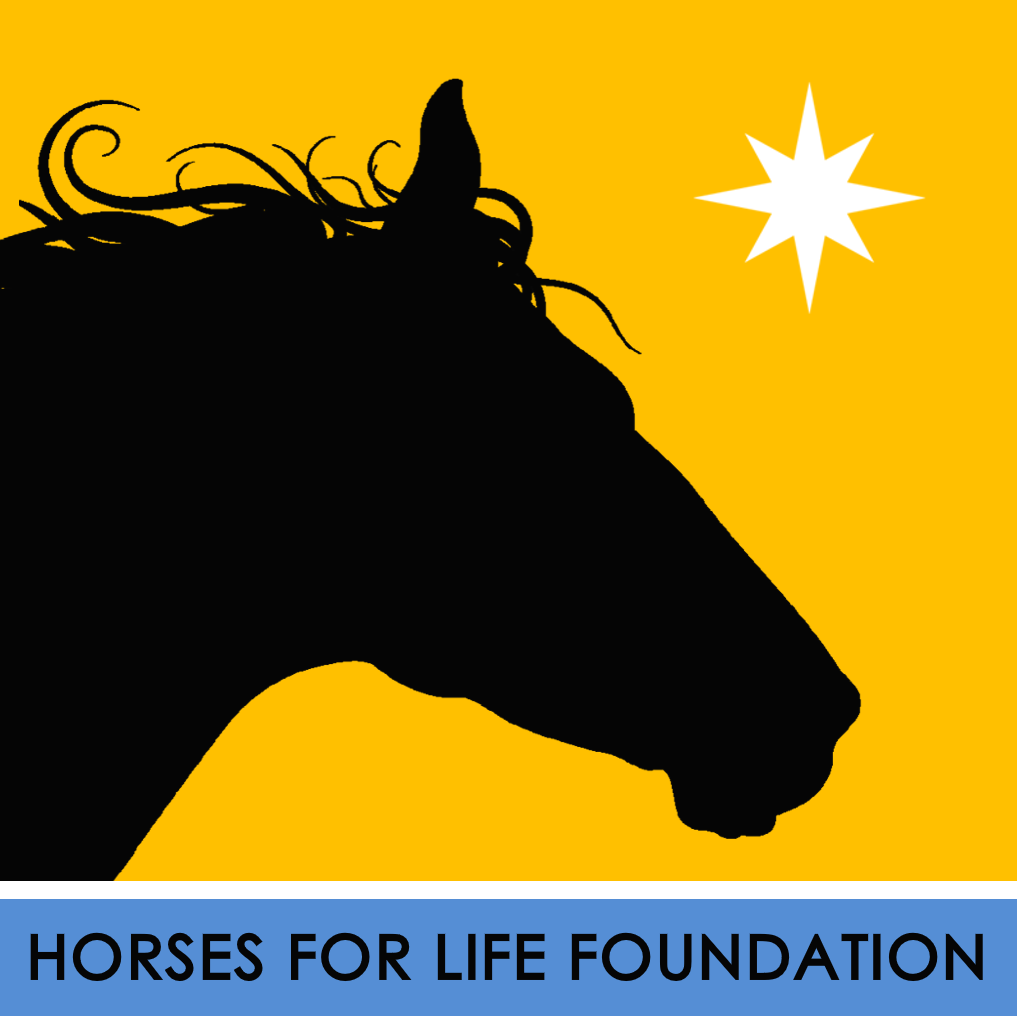VOLUNTARY GRAZING PERMIT RETIREMENT ACT, H.R.6935Domestic livestock grazing on America's public lands is a leading cause of conflict with other uses, including wild horses and burros. Permitted livestock grazing occurs on over 200 million acres—by far the most pervasive use of federal public lands. Many of these landscapes are impacted by changing climatic conditions, including prolonged drought and an increase in invasive annual grasses. Reducing livestock on public lands will help restore the health of the environment, decrease litigious battles, and allow for native wildlife to reach thriving population numbers throughout Western states.
If passed into federal law, the Voluntary Grazing Permit Retirement Act (VGPRA), H.R.6935, would provide permit holders the option to relinquish their contractual agreements in exchange for a fair market price.
Help protect America's public lands, wild horses, and other wildlife by reaching out to your U.S. Representative and urge them to support this crucial legislation by becoming a cosponsor. Call the Capitol Switchboard to be transferred directly to their office: 202-224-3121 + SUGGESTED SCRIPT FOR CONTACTING YOUR LEGISLATORS
As a constituent, I urge (your U.S. Representative's name) to cosponsor the Voluntary Grazing Permit Retirement Act (H.R.6935) to aid in the protection of public lands and wildlife, including our nation's wild horses and burros. Occurring on 200 million acres of federal public lands, domestic livestock grazing is the most pervasive and damaging use of America's public lands. Across the West, millions of non-native sheep and cattle destroy vegetation, contaminate watersheds, spread invasive weeds, deprive native wildlife of forage and shelter, accelerate desertification and even contribute to global warming. Livestock grazing on federal public lands can lead to conflicts with other multiple uses including impacts to wildlife habitat and recreational opportunities. In many cases, simply removing livestock is the best solution to reduce or resolve these conflicts. The voluntary retirement of grazing permits authorized by the VGPRA is the most cost-effective and equitable way to address this issue. Current law and regulations either do not allow for the retirement of grazing permits or make the process unnecessarily difficult and uncertain. Please cosponsor and support the Voluntary Grazing Permit Retirement Act without delay. Thank you |






